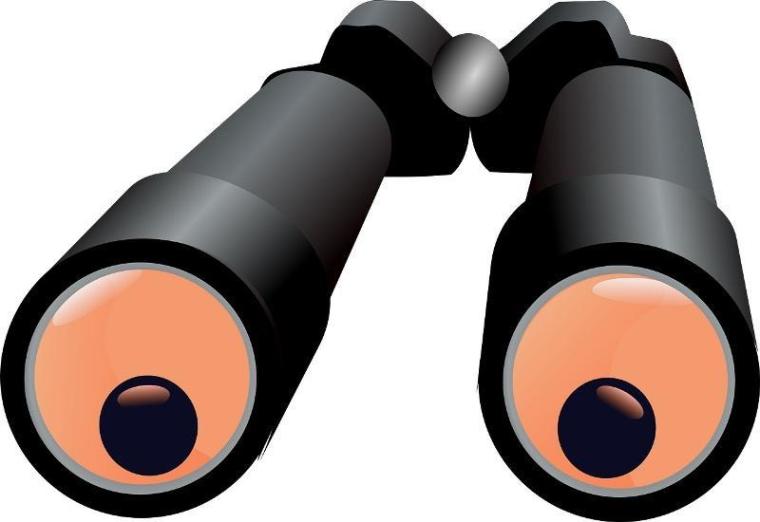
The Garden of Eden
The heavens and the earth complete in their vast array. An abundance of beauty, delight and goodness. Perfection in all creation as the almighty God declared it is good.
A serpent.
A tree.
Death.
The Fall of humanity.
Adam’s fear of vulnerability is revealed to us through Genesis chapter 3, verses 7-10, in the story of the Fall. After humanity welcomed sin into the world the relationship between God and man became tainted. In an instant, Adam and Eve’s eyes were opened and they realised they were both naked.
A fearful man hid from God, ashamed of his nakedness, afraid of being known as a sinner.
As narrative continues we see our omniscient God inviting man into a conversation. “Where are you? (Genesis chapter 3, verse 9).”
Adam answers, “I was afraid because I was naked; so I hid (Genesis chapter 3, verse 10).”
Feebly we also sew fig leaf coverings, in an attempt to conceal our hearts from God. However, God sees us. Amongst our earthly mess – an entanglement of disappointment, shame and guilt – all of our sin. God sees us.
Vulnerability
With over 35 million views, Brené Brown’s TED talk – The Power of Vulnerability - is one of the top five most viewed TED talks worldwide. Additionally, Brown is the author of five number-one New York Times bestsellers. The sheer influence of Brown’s ideas depicts a society in desperate craving for meaningful connection.
Brown concludes that vulnerability is uncertainty, risk and emotional exposure. She compels her audience to lean into the discomfort of vulnerability to experience love, belonging, trust and joy – meaningful connection.
As Christians, we may be the biggest hypocrites when it comes to authentic vulnerability. We neatly fold our dirty laundry into perfectly closeted boxes. Personal struggles with relationships, mental health and addiction are silenced.
In contrast, we also may resort to standing on our soapbox, passionately disclosing all our past misdemeanours without authentically understanding the impact which our actions have had on others.
Not only do we hide from each other but we also hide from God. Selling ourselves Adam’s lie that a Holy God would not love a sinner like me.
To be known
We all strive for connection. Biologically, psychologically and spiritually we have been created for meaningful connections with one another and God. We are hardwired for community.
Social media provides easy access to fraudulent relationships. Media platforms provide hot-wire connection whereby easy disclosure provides the perfect microenvironment for the bankruptcy of quick and un-personal online community. We become disillusioned by social media’s idea that we should all have a posse of friends, when in reality if we have a few solid friends we are indeed lucky.
Timothy Keller in his book, The Meaning of Marriage: Facing the Complexities of Commitment with the Wisdom of God (2011) writes,
“To be loved but not known is comforting but superficial. To be known and not loved is our greatest fear. But to be fully known and truly loved is, well, a lot like being loved by God. It is what we need more than anything. It liberates us from pretence, humbles us out of our self-righteousness, and fortifies us for any difficulty life can throw at us.”
God sees us. Beneath our fig leaf facades, preoccupied with burring our shame and guilt, God loves us. In the knowledge that we are fully known and truly loved by God our predisposition for pretence and self-righteousness is stripped away. Replaced by humility and the understanding that our imperfection makes us human.
The Christian call for courage
Where are you? – God
God calls to us longingly with His desire for relationship. In a relationship with God, we can be reassured that we are liberated from our shame and guilt. In Romans chapter 5, verse 8, it is written: “While we were still sinners, Christ died for us.”
Our first call for courage is to accept that we are fully known and truly loved by God. Meaning it is time to stop hiding and begin to engage with the conversation - Where are you?
Our second call for courage is to demonstrate authentic vulnerability with one another. In James chapter 5, verse 16, it is written that as Christians we are called to confess our sins to each other and pray for each other.
Accepting the call for courage allows the Church to demonstrate how Christ loves us.
A culture of authentic vulnerability allows us to journey alongside one another with love and empathy. Therefore, sometimes we will have to give each other the loving hard-word – there are consequences for our sin.
So, are you ready to accept risk, uncertainty and emotional exposure?
Will you rise to the call for courage?

Kiwi-born with British roots, Jessica Gardiner drinks tea religiously while her dinner table discussions reverberate between the sovereignty of God, global politics, and the public health system. Having experienced churches from conservative to everything but, Jessica writes out a desire for Christian orthodoxy and biblical literacy in her generation. Jessica is married to fellow young writer Blake Gardiner.